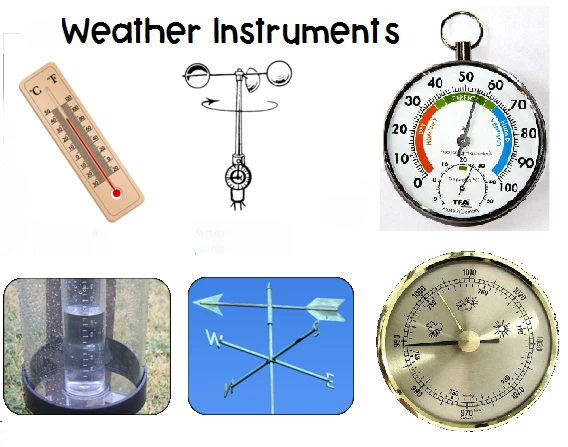
html
Weather Instruments: Essential Tools for Meteorological Observations
Weather instruments play a crucial role in gathering accurate meteorological data, enabling scientists and forecasters to predict weather patterns and study climate changes. These tools range from simple thermometers to advanced radar systems, each serving a specific purpose in weather observation.
Common Types of Weather Instruments
Thermometers
Thermometers measure air temperature, one of the most fundamental weather parameters. Modern digital thermometers provide quick and precise readings, while traditional mercury thermometers remain reliable for many applications.
Barometers
Barometers track atmospheric pressure, helping meteorologists predict short-term weather changes. A sudden drop in pressure often indicates approaching storms or precipitation.
Anemometers
These devices measure wind speed and direction. Cup anemometers with rotating cups are common, while ultrasonic anemometers provide more advanced measurements without moving parts.
Hygrometers
Hygrometers determine humidity levels in the air. Psychrometers, a type of hygrometer, use wet-bulb and dry-bulb thermometers to calculate relative humidity.
Rain Gauges
Simple yet effective, rain gauges collect and measure precipitation over a set period. Tipping bucket rain gauges automatically record rainfall amounts for weather stations.
Advanced Weather Monitoring Systems
Modern meteorological stations often combine multiple instruments into integrated systems. These may include:
- Weather satellites providing global coverage
- Doppler radar systems for tracking storms
- Ceilometers measuring cloud height
- Pyrheliometers monitoring solar radiation
The Importance of Weather Instruments
Accurate weather data collected by these instruments is vital for:
- Weather forecasting and warnings
- Climate change research
- Agriculture and farming decisions
- Aviation and maritime safety
- Urban planning and disaster preparedness
As technology advances, weather instruments continue to improve in accuracy and reliability, providing meteorologists with better tools to understand and predict our ever-changing atmosphere.
Keyword: wether instruments